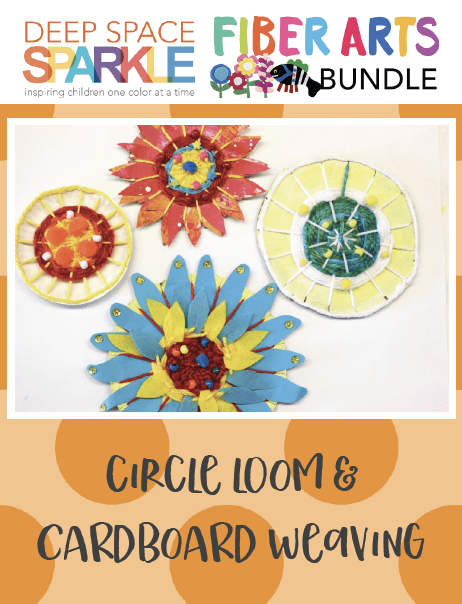
Here are two ways to create circle looms in your art room. Both options are great and only differ in the supplies you might have on hand. Using a cardboard... Learn More
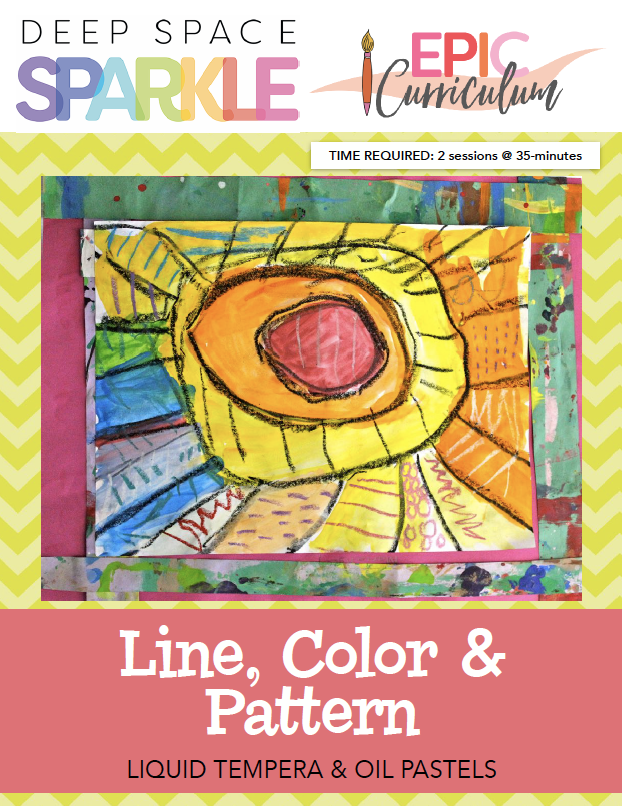
Kinders started their year exploring line, patterns and color. On the very first day of art class, I read the children Art by Patrick McDonnell. It’s a perfect story about... Learn More

Hundertwasser’s use of bold, bright colors and organic lines makes him one of the world’s most famous contemporary painters. This project is a spin-off of my Hundertwasser Lollypop flowers for... Learn More
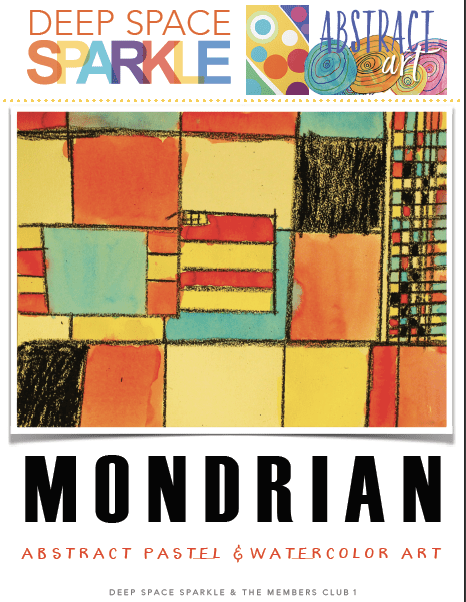
Art technique comes into play by cutting, pasting, arranging, painting with watercolor and finally presenting the work by creating an artist’s statement. The three lessons in this booklet offer three... Learn More
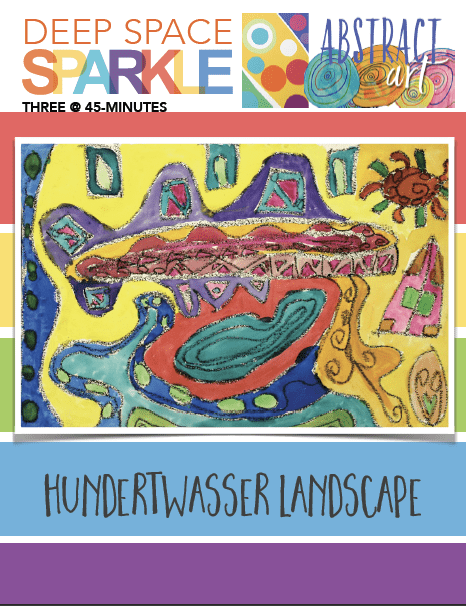
Spirals are a dominant component of Hundertwasser’s works. He considered spirals the symbol of life. Spirals are everywhere: fingerprints, whirlpools, baby ferns, snails. Spirals have a beginning, a middle and... Learn More
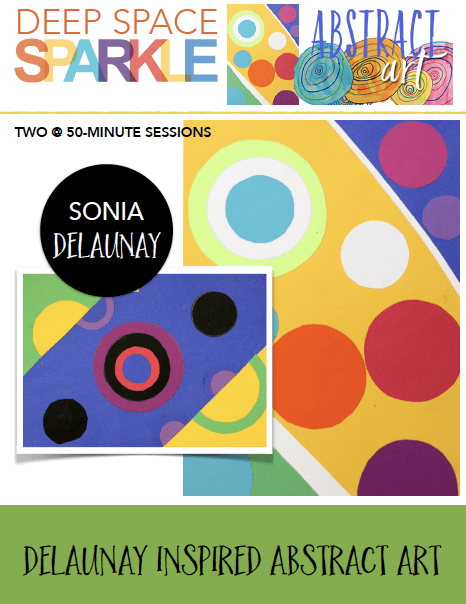
Sonia Delaunay along with her husband Robert Delaunay cofounded an art movement called Orphism. Strong colors and geometric shapes (Cubism) defined this movement. In fact, it was working on a... Learn More
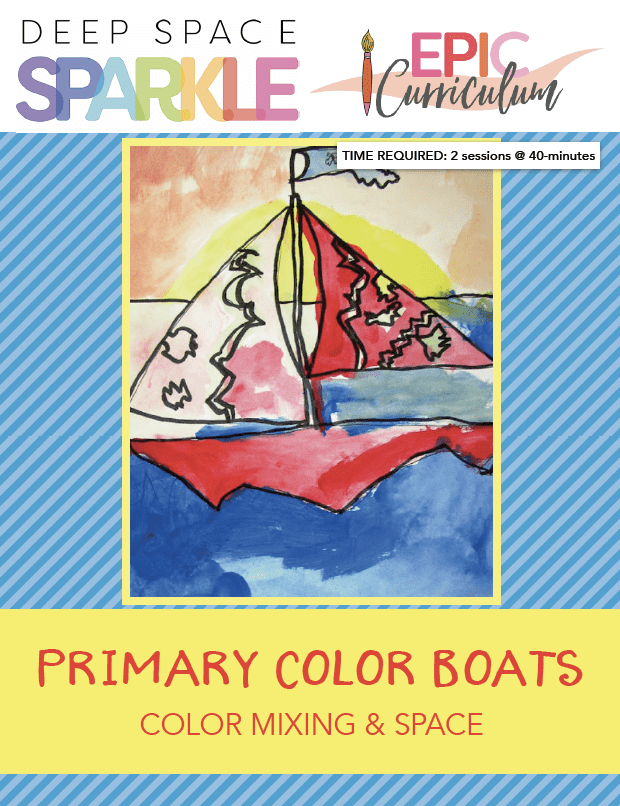
Sailboats make a great subject for art lessons. Their recognizable shape makes it’s easy to introduce many art techniques into the most basic lesson: color, shapes, composition, monotypes, collage and... Learn More
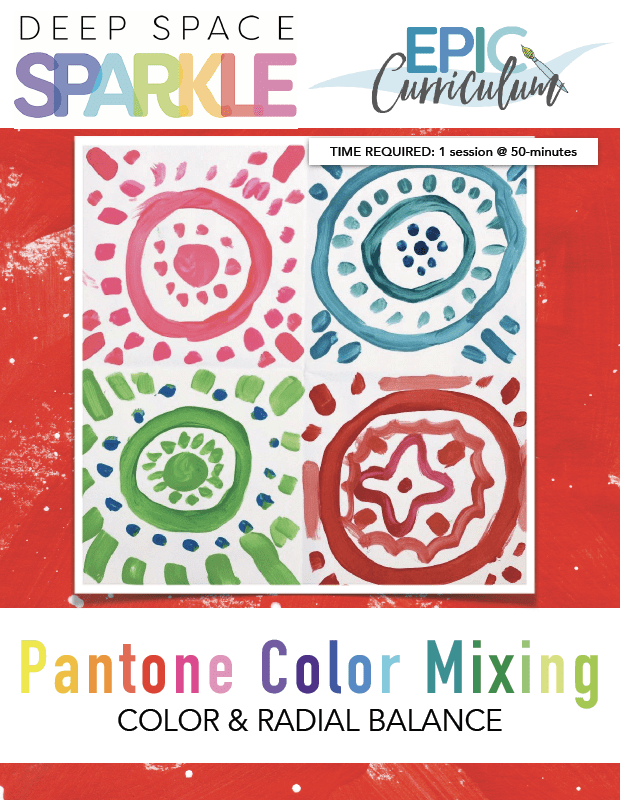
Color mixing is one of the most rewarding paint experiences in art class. Children love to squish, mingle and mix paint until there is nothing left but a big blob... Learn More
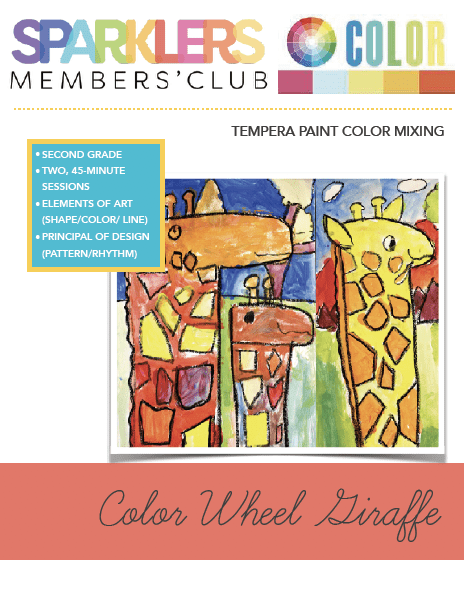
Need a lesson that teaches young children the rules of color mixing? Children learn to draw a simple giraffe then use the primary colors as a base for this colorful painting... Learn More
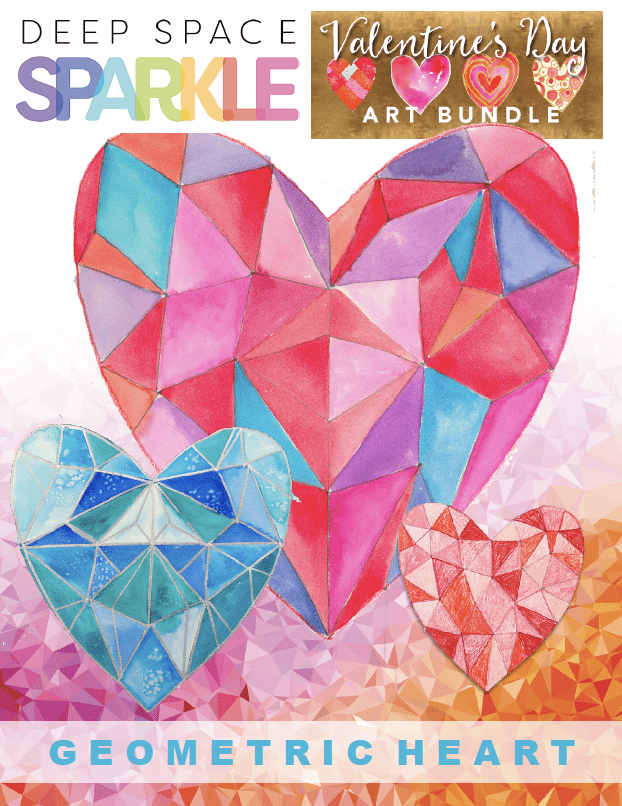
Learning how to connect the dots (quite literally) to form lines looks easier than it really is. That is not to say that this project is difficult, but it is... Learn More
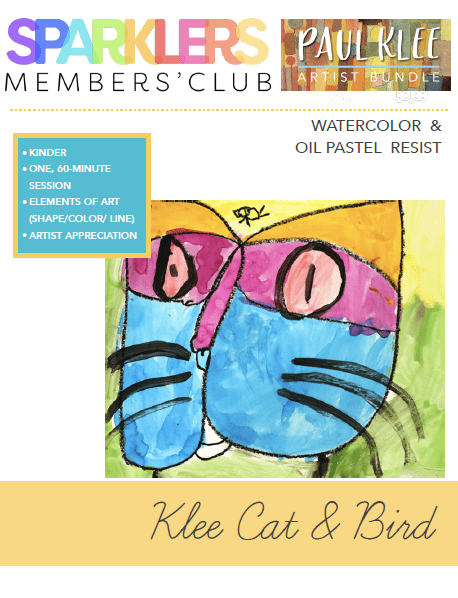
When teaching little ones to paint, I like to give parameters. In this lesson, I asked the children to paint the cat’s face first instead of just telling them to... Learn More
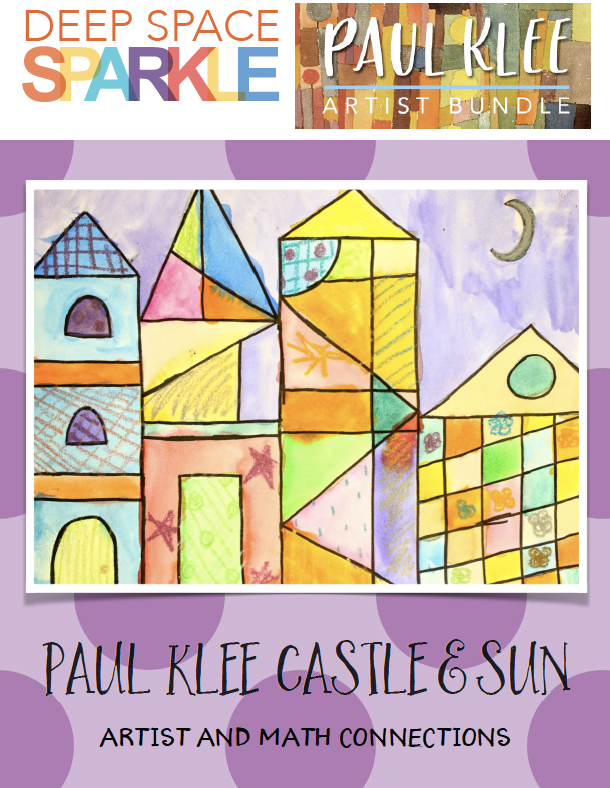
This project is steeped with art standards and techniques. Inspired by Geraldine Elschner and Peggy Nile’s book, The Cat & Bird- a picture book inspired by Paul Klee, students learn to draw... Learn More
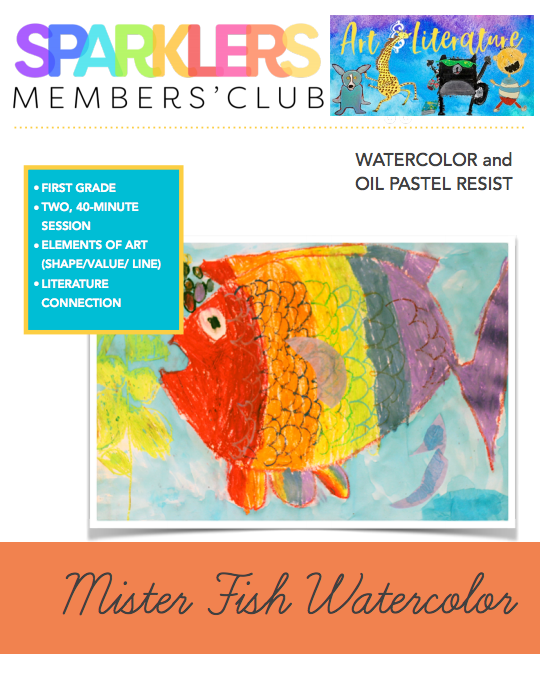
There’s more to Mister Seahorse than just the seahorse. Of course, he is the star of the show but the book is brimming with many supporting actors…Mr. Bullhead, Mr. Stickleback,... Learn More
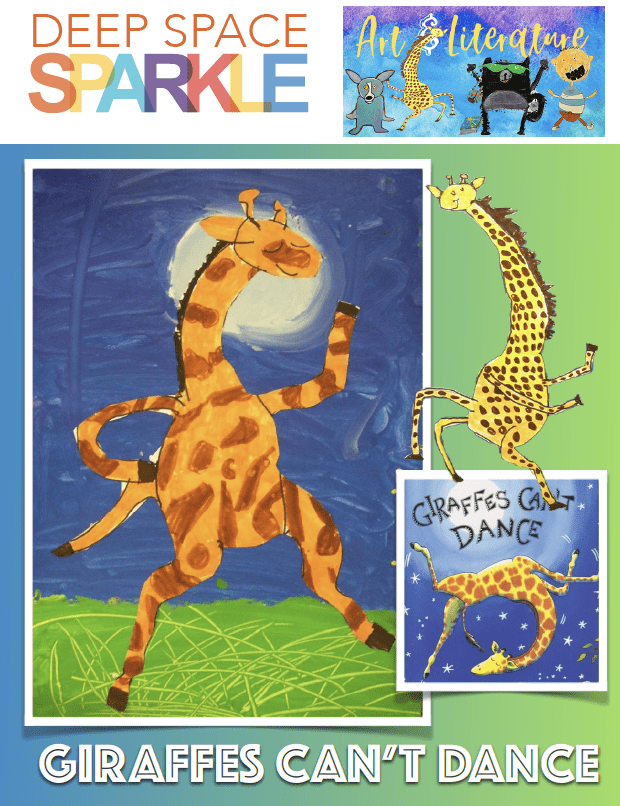
The lesson was one of my first lesson I created for Deep Space Sparkle. I loved the lesson so much, I did it almost every year with my first grade students.... Learn More
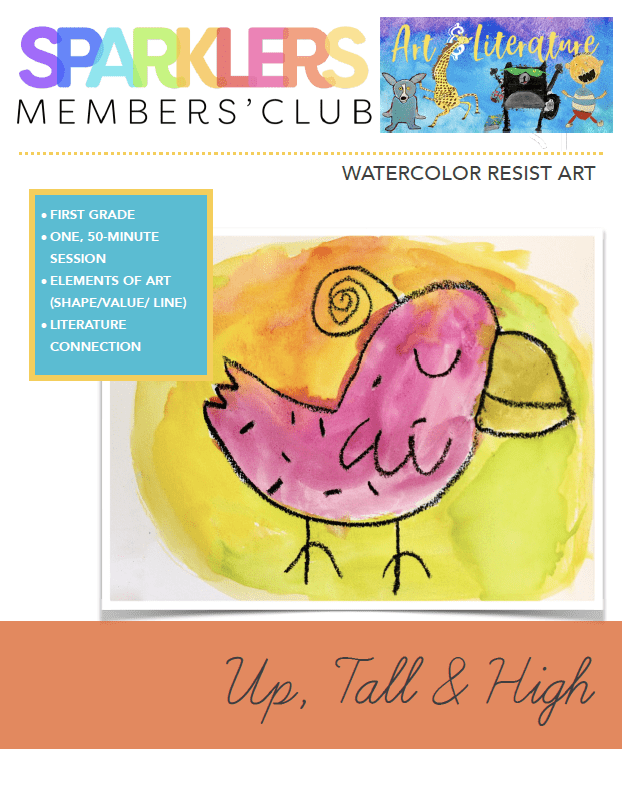
The cover pretty much sums up the impact of this book on first graders. New to concepts such as high, tall, up and down, the quirky birds help students visualize... Learn More
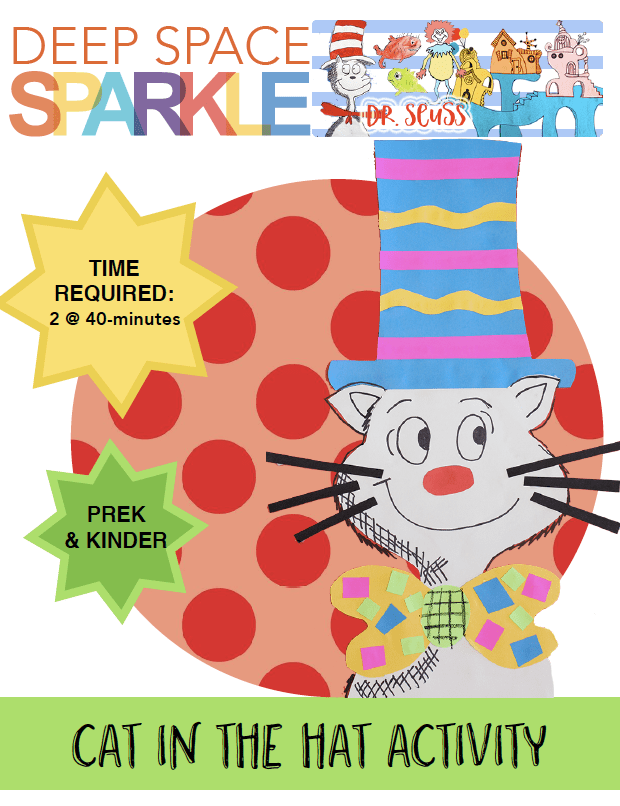
This lesson uses templates to help younger children create a Cat in the Hat without the need for directed drawing instruction. I’d recommend printing out the templates and using poster... Learn More
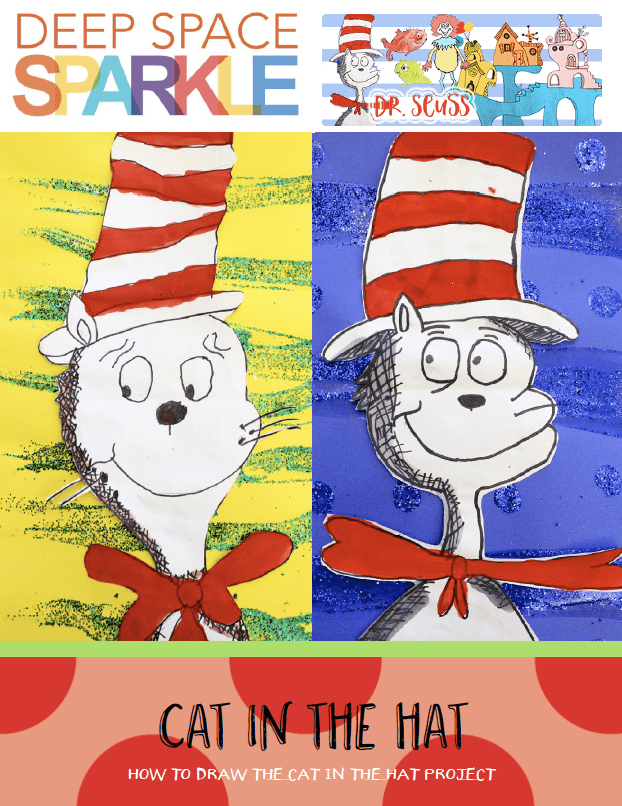
This is a fantastic drawing lesson that is best suited for children in grades 2-4 but younger children will be able to draw this with a bit more guidance. Choose... Learn More
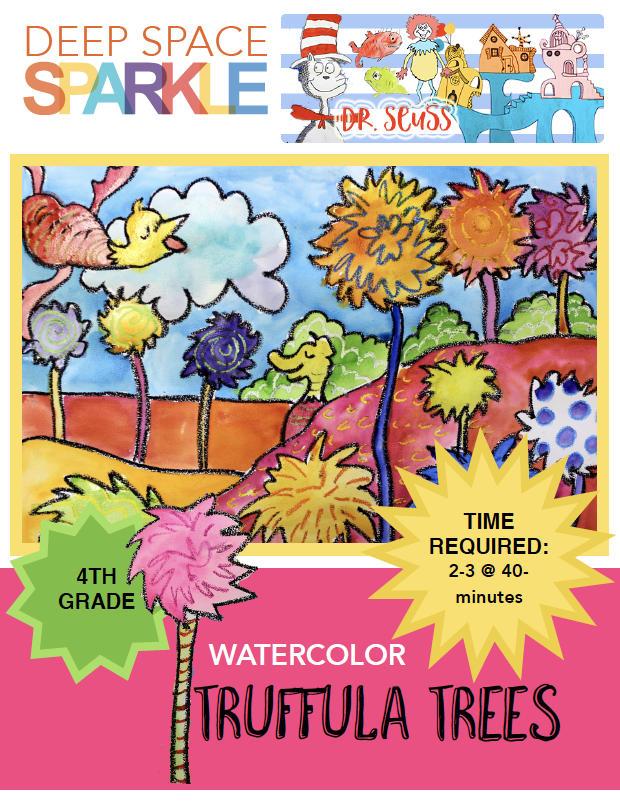
According to Dr. Seuss Wiki page, Truffula trees have yellow or white & black striped bark with large tuffs at the top. The tuffs are typically a warm color (red,... Learn More